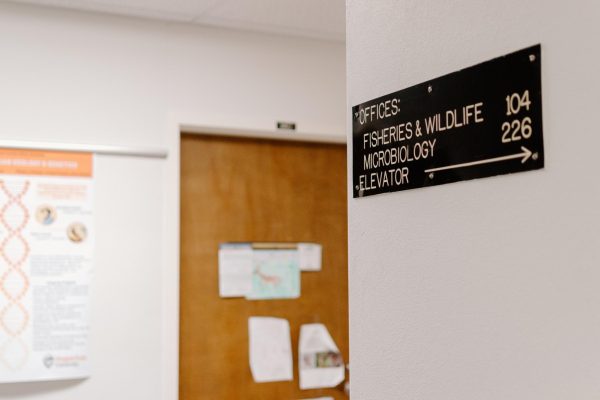Oregon lawmakers extend COVID-19 eviction moratorium, makes changes to Corvallis’ previous moratoria
January 25, 2021
The state-wide eviction moratorium was extended until the end of June, due to the passage of House Bill 4401 on Dec. 21, meaning that the moratorium will continue to protect against tenant eviction on grounds of inabilities to pay rent.
However, there are significant changes to the moratorium that Corvallis residents — landlords and tenants alike — should be informed of.
For tenants, a significant change regards the Declaration of Financial Hardship of Eviction Protection. Examples of hardship may include the following: loss of household income; increased medical expenses; loss of work or wages; increased costs or responsibilities for childcare, care for a person with a disability or a person who is elderly, injured, or sick; and other circumstances that reduced income or increased expenses.
To receive the protections of the new moratorium, tenants must complete the form associated with the declaration and can fill it out at any time within the active dates of the moratorium.
Tracy Oulman, housing and neighborhood coordinator for the City of Corvallis said that landlords have additional obligations to their tenants as described.
“When [a landlord] serves their nonpayment notice to the tenant, they have to serve this additional paperwork that basically informs the tenant of their protection and provide them with the declaration,” Oulman said.
Although landlords have a new obligation to provide their tenants with said resources within the moratorium, Public Information Officer Patrick Rollens said via email that the House Bill has also created a Landlord Compensation Fund, to offer those same resources to the landlords.
“The Landlord Compensation Fund allows landlords to apply directly to Oregon Housing and Community Services for compensation of the deferred nonpayment balances owed by all of their tenants,” Rollens said. “In addition, House Bill 4401 allocates money for tenant-initiated rental assistance.”
According to Rollens, the Corvallis City’s Housing and Neighborhood Services Division has also done outreach to renters and landlords during the pandemic, to facilitate community understanding of the moratorium regulations.
The Corvallis webinar called “Eviction Moratorium and You” held on Jan. 7 was one of these outreach events aimed to spread information on the new laws.
In addition to new support provided by the passage of the new eviction policy, Corvallis’ Community Services Consortium continues to offer aid programs and assistance to residents.
With the passing of the moratorium, the CSC will receive additional tenant assistance specifically for those who are still behind in rent since the COVID-19 pandemic began last spring.
Housing Service Manager Dina Eldridge said via email that programs available to the CSC have had inconsistent criteria, as the criteria changes according to funding from the state and federal levels. Such changes pose difficulties in facilitating aid to residents.
“Just because you didn’t qualify months ago or last year does not necessarily mean you won’t qualify now,” said Eldridge. “Always check back, especially if anything about your situation (such as your income, living situation, [or] the status of unpaid rent) has changed since the last time you contacted us.”
























































































































